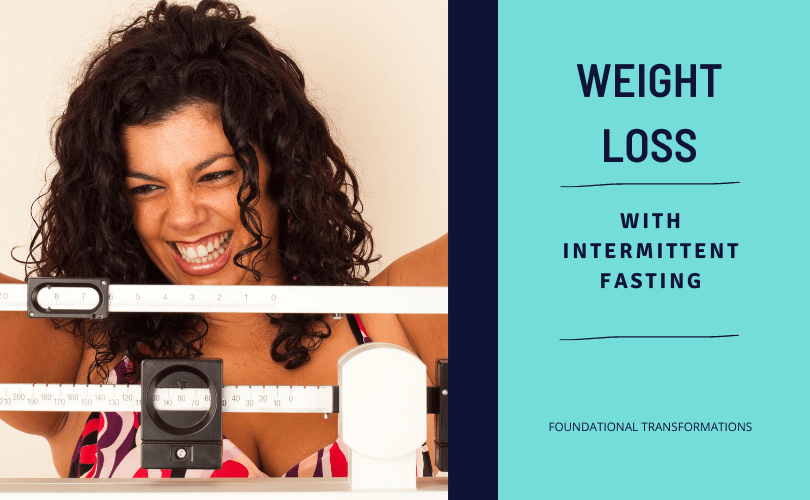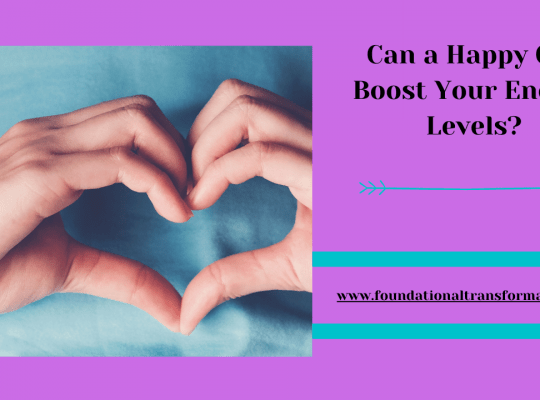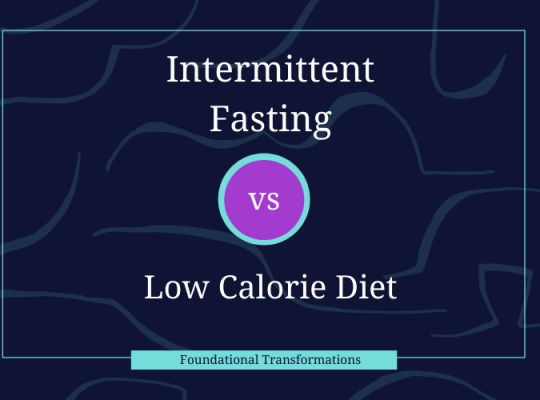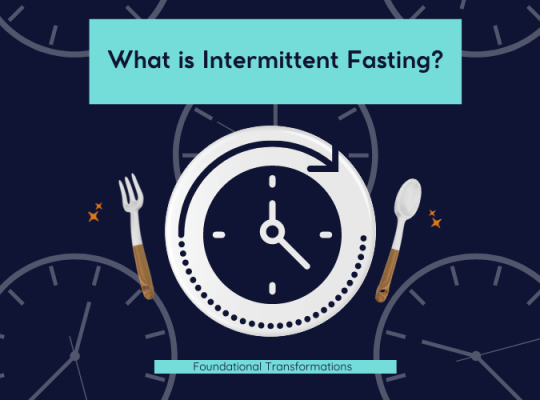Can you lose weight with intermittent fasting? Scientists and doctors have found that intermittent fasting can be a successful weight loss tool. Intermittent fasting can help you eat fewer calories, which will help you lose weight. Because you don’t need to count calories or strictly limit the types of food you eat, many people find it easier than a restricted-calorie diet.
Benefits
A study published in the journal Translational Research followed people using intermittent fasting for 24 weeks. The study showed that the participants lost 3-8% of their body weight during that time. Another study published in the same journal showed a 4-7% decline in waist circumference for participants, indicating that they lost belly fat.
Intermittent fasting may have other health benefits too. Research shows that intermittent fasting may produce improvement in overall health, including:
- Lower Blood Sugar
- Lower Blood Pressure
- Decreased Cholesterol
- Reduced Inflammation
- Improved Heart Health
- Lower Cancer Risk
- Protection Against Aging and Alzheimer’s Disease
Overall, intermittent fasting has a variety of health benefits. Ancient humans often went without food if they couldn’t find something to hunt or gather. The human body adapted to long periods without food. When they could find food, ancient humans evolved to use that food efficiently for energy and functioning. Today, intermittent fasting can be used to train your body to use the food you eat without adding fat and weight.
Plans
Intermittent fasting plans vary. Some people find that it can be difficult at first to go without food, especially if you are accustomed to eating throughout the day. Intermittent fasting plans have different fasting lengths, so you can choose a plan that works for you.
Researchers and doctors from John Hopkins Medical Center and the Mayo Clinic have identified these plans:
- 16/8 Plan
- Eat-Stop-Eat
- 5:2 Plan
- Alternate-Day Plan
The 16/8 Plan involves eating for eight hours, then fasting for 16 hours each day. People using this plan usually eat later in the day, including lunch and dinner.
The Eat-Stop-Eat Plan is fasting for 24 hours one or two days a week.
The 5:2 Plan allows you to eat 500-600 calories two days a week. You can eat your usual calorie intake on the other five days of the week.
The Alternate-Day Plan calls for eating 500-600 calories every other day and eating your usual calorie intake on the opposite days.
Strategies for Intermittent Fasting
Doctors and nutritionists offer these strategies for using intermittent fasting to help you lose weight:
- Eat a Healthy Diet
- Don’t Overeat During Non-Fasting Periods
- Stick to the Fasting Period
- Don’t Skip Meals During the Eating Window
- Get Enough Sleep
- Drink Water
- Plan Ahead
Intermittent fasting doesn’t work if your diet consists of all junk food and empty calories. You need healthy, nutritious food during the time you eat, known as the eating window. Otherwise, your body won’t have the fuel and nutrients it needs to sustain you during the fasting periods. Intermittent fasting also won’t work if you overeat during your eating windows. The goal is to reduce your overall calorie intake, not bunch it up during your eating windows.
Fasting for an hour or two isn’t intermittent fasting. Your body needs at least eight hours of fasting to change your metabolism and make intermittent fasting effective. If you skip meals during your eating window, you are more likely to shorten your fasting period because of hunger. You should eat your usual calorie amount during your eating windows, not try and decrease it to diet and intermittent fast at the same time.
Getting enough sleep and drinking enough water is vital to health, with or without intermittent fasting. Water can help decrease feelings of hunger. A lack of sleep can lead to anxiety and depression and potentially use high-calorie foods for distraction and comfort. Nutritionists also suggest planning ahead for your eating windows.
Planning your meals and healthy snacks will help limit eating convince foods that add empty calories.
You can lose weight with intermittent fasting. Chose a plan that fits your lifestyle and stick to healthy foods when you do eat.







